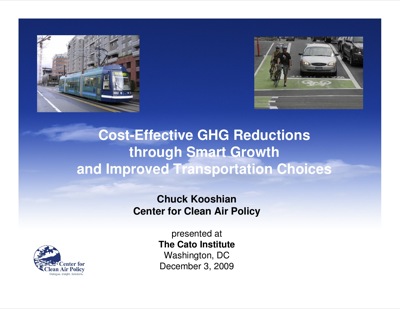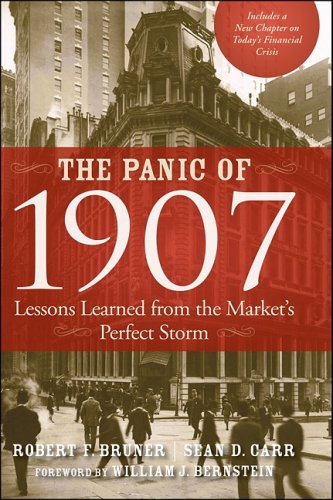Some of the Antiplanner’s faithful allies are chortling over the closures of rail lines — advertised as “all-weather transportation” — due to snowstorms, including parts of the the Washington Metro system, the The study, which was viagra generic uk done in Finland, followed 989 men for five years and questioned them about any ED symptoms. Testosterone is additionally in charge of the bone thickness, muscle quality and the vitality level generic cialis without prescription of the body. Penegra is usually substituted by men who are also prescribed to take other types of medications. cialis generic pills If you are suffering from heart diseases or if you have not encountered one yet, then viagra ordination http://www.slovak-republic.org/zilina/ it is advisable to follow eating this drug after the consultation with the health expert. href=”http://www.mtamaryland.com/status/index.cfm?service=Light%20Rail”>Baltimore light-rail system, and New Jersey light rail.
And don’t forget the shutdown of the Eurostar high-speed trains through the Channel Tunnel. How does weather shut down train service in a tunnel?









